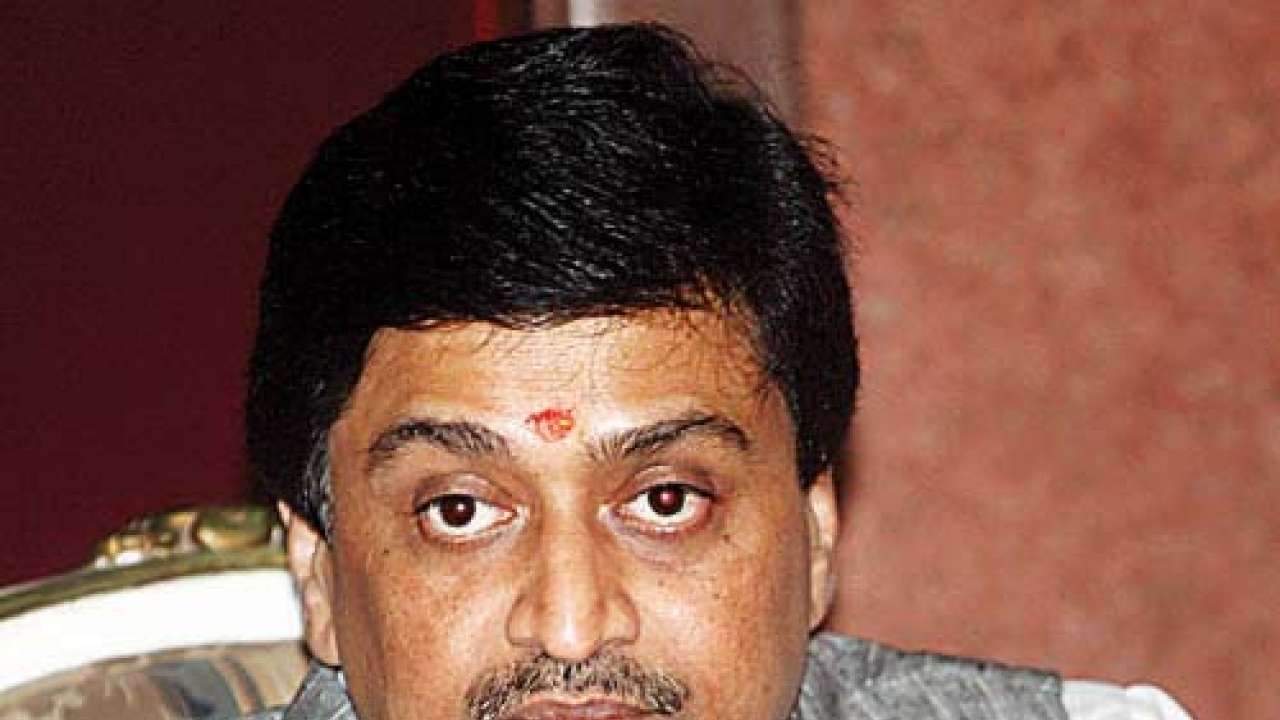
Philip Zeigler, Lord Mountbatten’s admiring biographer, mentions Nehru’s fascination with the quiet authority Mountbatten exuded and recounts an incident when Nehru asked him if he had been given any plenipotentiary powers. For the uninitiated, plenipotentiary is a person, especially a diplomat, invested with the full power of independent action on behalf of their government, typically in a foreign country. Lord Mountabatten said: “Suppose I have? What difference would it make?” To which Nehru’s simple answer was: “Why then you will succeed where all others have failed”.
Plenipotentiary power, it is clear, means absolute discretion. This plain truth is what has plagued India since Independence, which I daresay was also partitioned at the ‘discretion’ of the British and a clutch of our own power-hungry leaders everyone knows about. It is unfortunate that India since then has been condemned to corruption at the highest order because of the misuse of discretion.
In mid-2006, President APJ Abdul Kalam sent back a controversial Bill regarding the exclusion of certain offices from the scope of ‘offices of profit’, the holding of which would disqualify a person from being a member of Parliament. The combined Opposition, the NDA, hailed the move. Samajwadi Party MP Jaya Bachchan’s disqualification was the trigger for opening this Bill for amendment as even Congress president Sonia Gandhi looked vulnerable. Ms Gandhi resigned as the chairpersonship of the National Advisory Council after the Opposition alleged that it was an office of profit. The Bill exempted this post and many such posts retrospectively. There was no rationale why the law should have been made retrospective by 47 years from 1959. APJ sent the Bill back for reconsideration.
Our Constitution gives the President the power to return a Bill unsigned but it circumscribes the power to send it back only once for reconsideration. If Parliament sends back the Bill with or without changes, the President is obliged to sign it.
The UPA chose to send the Bill back to the President without any changes and, after 17 days, Kalam gave his assent on August 18, 2006. Kalam later described his decision on Oops (Offices of Profit) as the “toughest” during his term from 2002-2007.
December 2013. Maharashtra Governor K Shankaranarayanan refused to give permission to the CBI to prosecute former Maharashtra chief minister and senior Congress leader Ashok Chavan in the Adarsh scam. The decision was taken by the Governor using his discretionary powers. The matter was not even referred to the state Cabinet. When the Cabinet was forced to ‘discuss’ the action taken report by the party whips in Delhi, the politicians put the blame on bureaucrats and washed their hands of any involvement in the scam. It may be of use to remember that the origins of the scam go back to February 2002 when a ‘request’ was made to the then chief minister of Maharashtra, Vilasrao Deshmukh, to allot land in the heart of Mumbai for the construction of a housing complex for the welfare of serving and retired personnel of the defence services.
Now, imagine if the chief ministers and the governors were not given those discretionary powers. Or, at best, given to the extent that our President enjoys. Things would have played out very differently. It is an irony that our Constitution vests more discretionary powers in heads of our states than in the head of the nation.
There are 38 departments in the government that have discretionary powers given to the respective ministers. Among the ministries that have discretionary powers are railways, Petroleum, HRD, finance, urban development and health. And, the officers to have benefited over the years from the Adarsh scam belong to departments such as urban development, revenue, finance and public works, besides chief secretaries, municipal commissioners, secretaries to the chief minister and senior police officers.
In February 2011, a GoM (Group of Ministers), set up on corruption under the leadership of our current President and then Finance Minister Pranab Mukherjee, recommended to the government to put an end to all discretionary powers enjoyed by ministers. The report is languishing since and has no hopes of becoming a Bill. It is a part of the “five-six reports on graft pending action” as our PM put it in his ‘valedictory address’ last week.
Wherever there is discretion, there is room for arbitrariness. How many times would the country have to undergo this agni pariksha for the naysayers to demonstrate its ineffectiveness? Einstein had said the significant problems we have cannot be solved at the same level of thinking with which we created them.
So, either somebody else thinks out-of-the-box of deep conditioning of Indian culture for us, or we wrest this power from our ministers and babus, and create an atmosphere of no expectations of favour from anyone.
Removing discretionary powers may have its downsides but we should be willing to give it a try. The power you don’t have is the power you cannot misuse.
(The writer is managing consultant of The Key Consumer Diagnostics Pvt Ltd,
a Mumbai-based qualitative research company)